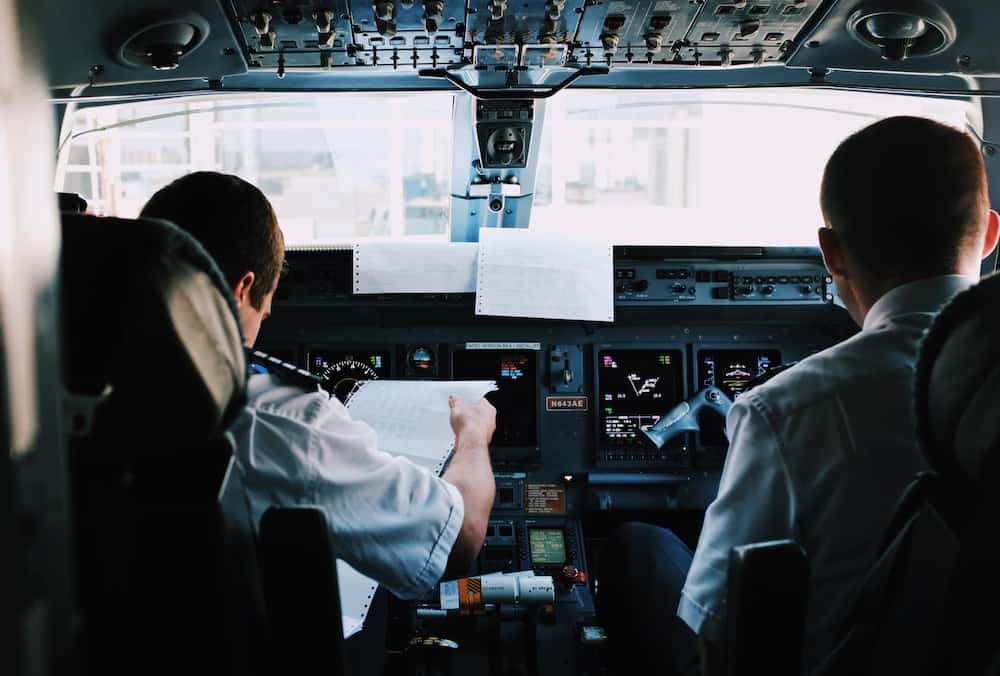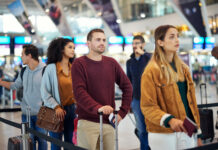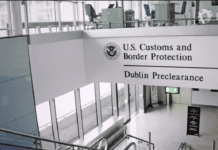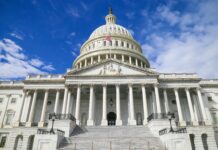
On Thursday, the senate blocked two bills that would fund the government and end the now month-long government shutdown.
Neither of the Republican- or Democrat-backed bills received the 60 votes required to pass. However, the Democrat-backed bill that would reopen the government without funding Pres. Trump’s border wall received more votes (52-44), according to CNBC.
What does this mean exactly? Well, meeting planners who were already concerned about air travel issues have more reason to be concerned now, as air traffic controllers, pilots and flight attendants issued a warning about the safety of the nation’s aviation system. A joint statement from National Air Traffic Controllers Association President Paul Rinaldi, Air Line Pilots Association President Joe DePete and Association of Flight Attendants-CWA President Sara Nelson expressed growing concern for the safety and security of the associations’ members, airlines and traveling public, especially as it relates to staffing air traffic control facilities.
“Staffing in our air traffic control facilities is already at a 30-year low and controllers are only able to maintain the system’s efficiency and capacity by working overtime, including 10-hour days and six-day workweeks at many of our nation’s busiest facilities,” the statement read. “Due to the shutdown, the [Federal Aviation Administration] has frozen hiring and shuttered its training academy, so there is no plan in effect to fill the FAA’s critical staffing need. Even if the FAA were hiring, it takes two to four years to become fully facility certified and achieve Certified Professional Controller (CPC) status. Almost 20 percent of CPCs are eligible to retire today.”
As federal employees missed their second paycheck on Friday, the issue will likely only get worse as more are beginning to call in sick, forcing airports to close some security checkpoints that lead to longer lines.










